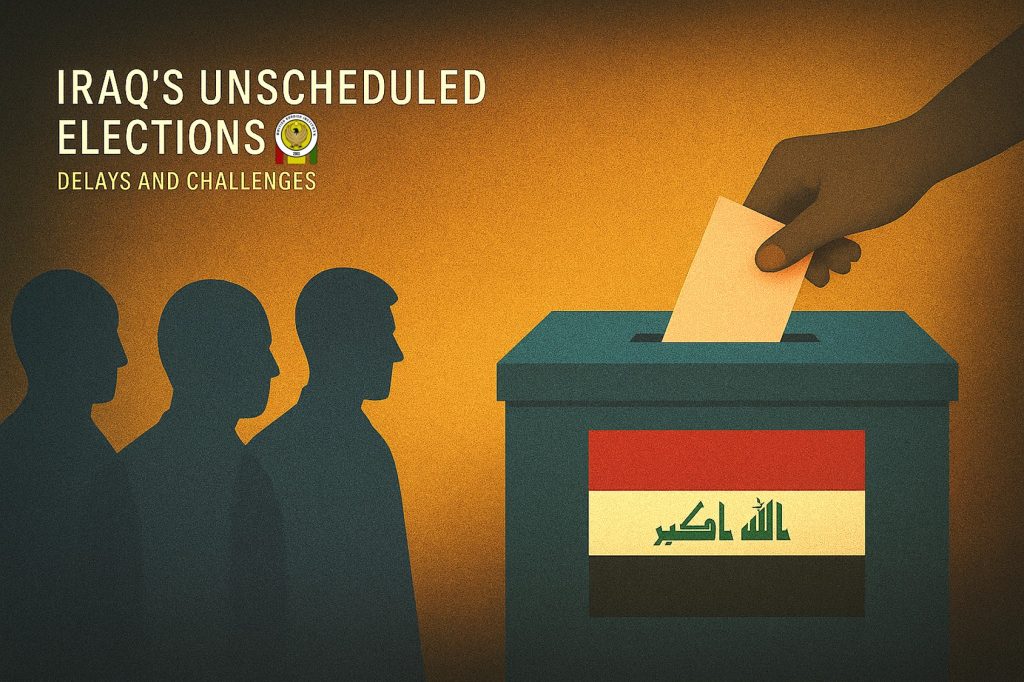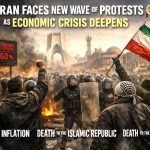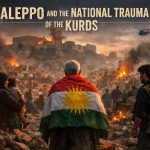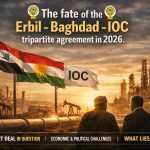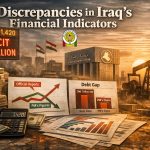Election Postponement and Political Relief
A series of marathon meetings between Iraq’s three presidencies, the Independent High Electoral Commission (IHEC), the UN Secretary-General in Iraq, and key political parties led to the decision to postpone the elections. The IHEC complied, and the Council of Ministers approved the move. Political parties, many unprepared for the polls, breathed a sigh of relief, gaining valuable time to reorganize their strategies ahead of the next vote.
Official Reasons vs. Political Reality
IHEC claimed it lacked the technical capacity to hold elections in June. However, the real reason lies elsewhere: political parties had failed to prepare. For nearly six months, they neglected to address key obstacles such as resolving the Federal Court’s crisis, setting a constitutional date for parliament’s dissolution, ensuring international supervision, and providing IHEC with adequate financial and administrative resources.
Pressure from Protests and Religious Authority
The push for early elections stemmed largely from the October 2019 protests and the influential call by Grand Ayatollah Ali al-Sistani. He urged elections after losing faith in the political class, labeling any government that replaced Adil Abdul Mahdi’s resigned cabinet as merely a caretaker. According to Sistani, the new parliament must spearhead reforms to combat corruption, dismantle quotas, and restore social justice.
The Fading Spirit of the October Protests
The October uprising shook Iraq’s political system, forcing the government’s resignation and prompting the adoption of a new election law favoring individual candidates over lists. This threatened traditional parties. However, political groups infiltrated protest ranks, weakened the movement’s momentum, and eventually reclaimed control. With the revolution’s fire subdued, they regained their old habit of delay and obstruction.
Justifications for Postponement
Supporters of the delay argue that IHEC requires more time to strengthen its technical and logistical abilities. Yet, critics claim that the postponement exposes the parties’ lack of genuine commitment to early elections. Three key issues underline this skepticism:
1. The Federal Court Crisis
Since 2019, Iraq’s Federal Court has lacked quorum after two judges left office, making it unable to certify election results. Political parties have failed to pass a new law to restore the Court due to deep sectarian and political divisions. Without resolving this legal deadlock, elections cannot move forward.
2. Dissolution of Parliament
According to Article 64 of the Iraqi Constitution, parliament can dissolve itself either by majority vote or upon request from the Prime Minister and approval of the President. However, conflicting interpretations of the 60-day election timeline, combined with the absence of a functioning Federal Court, have created a constitutional impasse.
3. Fear of Emerging Political Forces
Traditional parties fear new challengers—political movements born out of the October protests and supported by reformist leaders. These groups have strong local followings and threaten to disrupt the dominance of long-standing Shiite parties, especially in their traditional strongholds.
Beyond Legal and Political Hurdles
Security concerns, economic instability, and financial shortfalls further complicate Iraq’s electoral landscape. These factors provide political elites with additional excuses to delay the polls.
Outlook: Elections Pushed to 2022
The deliberate postponement demonstrates that Iraq’s ruling parties are not committed to early elections. With the original pressure from protests and clerical demands largely neutralized, politicians see no urgency. Unless the obstacles are resolved, Iraqis should expect the parliamentary elections to be delayed until the spring of 2022.

